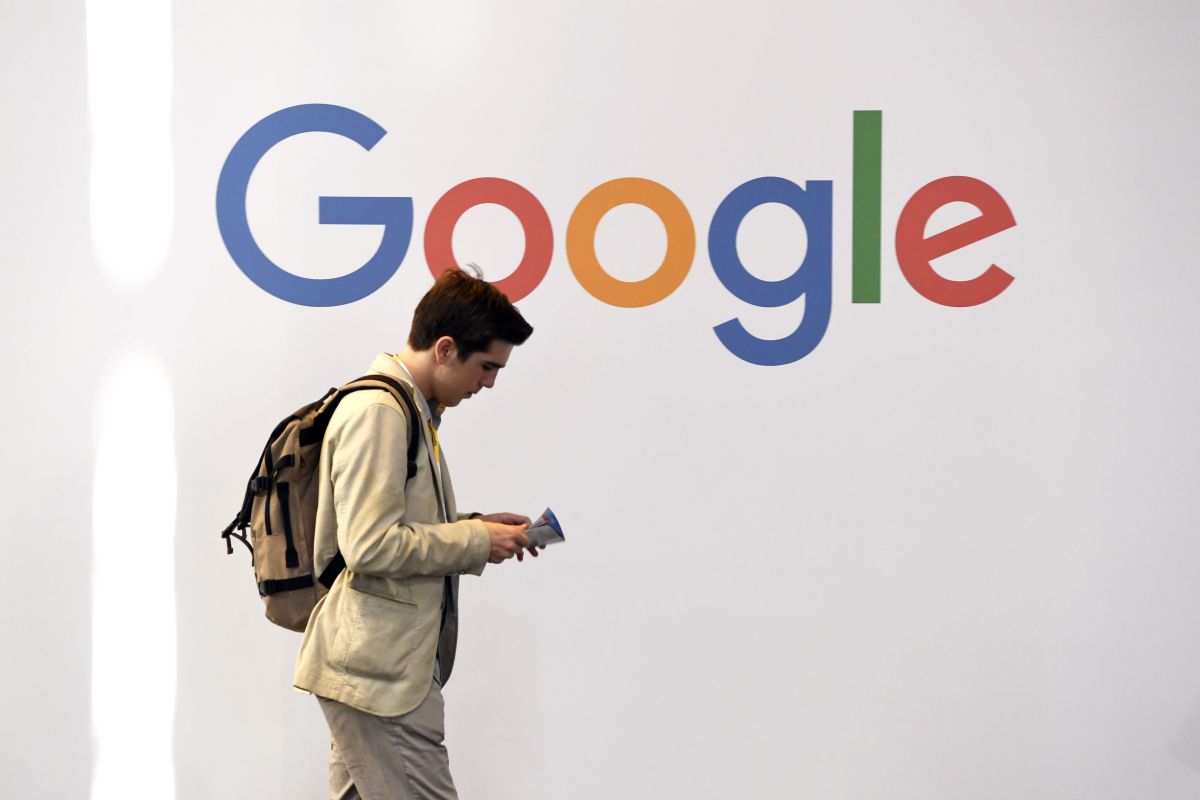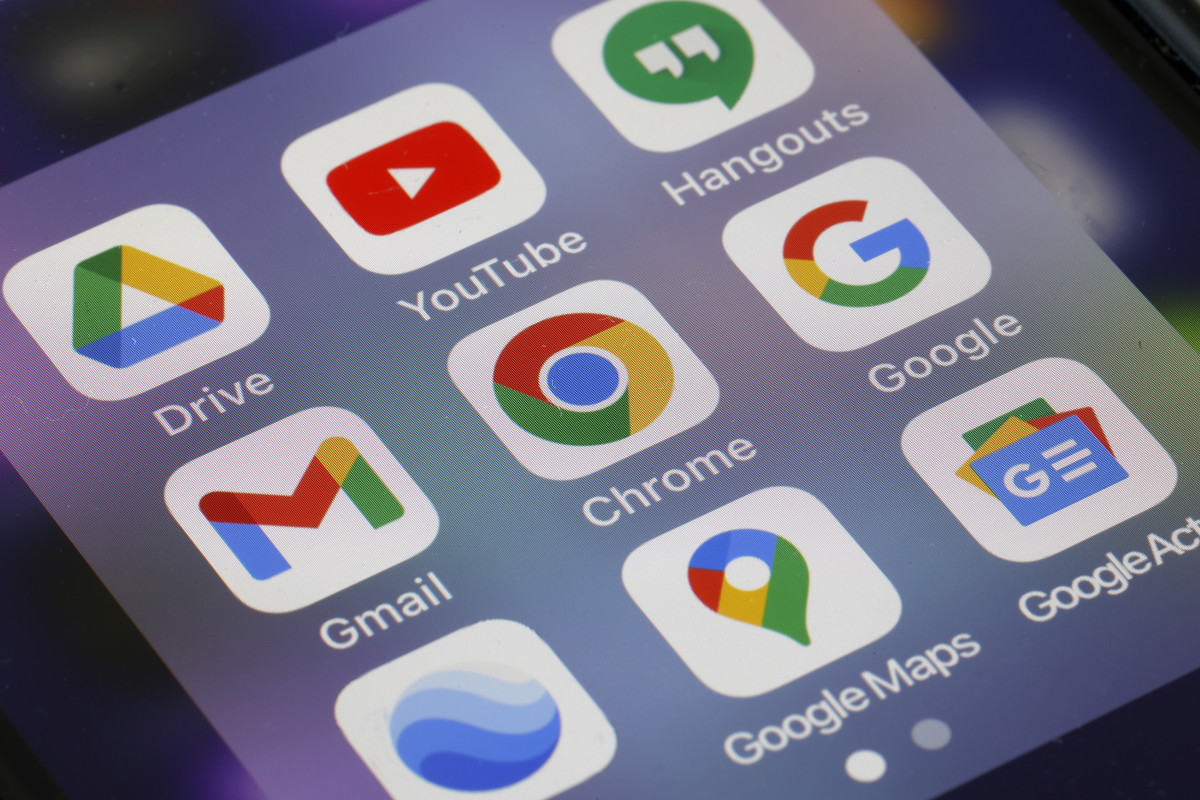
It doesn't seem like too long ago that many of us were still trying to decide which search engine was the best at answering questions about last night's Red Sox game, what time low tide is, and where the best nearby takeout might be.
Early adopters may have preferred AOL. Yahoo was also a strong contender. Ask Jeeves seemed more personable. And those of us on the go might have even asked ChaCha (a now defunct texting service whereby an actual, real human would answer all your questions via text).
Related: Porsche invents new product based on best-selling supercar (it's not for the road)
But those days are now largely behind us, as roughly 92% of all worldwide web searches take place on Google (GOOGL) -) according to the most recent numbers (the remaining 8% mostly takes place on Baidu (BAIDF) -), China's version of Google).
And with so much success and popularity, Google's had some time to build out other equally delightful offerings that fulfill needs a lot of users may not have even known they'd had.
Google's proprietary web browser, Chrome, neatly nests your passwords, data, and other handy tools all in one hub. If you use Gmail, Google Drive, Google Maps, or any of Google's other offerings, chances are, you've benefitted from the convenience of everything living in one place. Not to mention, Chrome is typically the fastest.

Google issues some major updates
But even our most beloved services need a refresh every once in a while, and Google recently rolled out some pretty substantial upgrades to some of its offerings.
In honor of Cybersecurity Awareness Month, Google announced it would be launching new products and services to boost user security and make life easier.
The updates are intended to be seamless and subconscious.
"Just as you wouldn’t expect to buy a car and install your own seatbelts — technology should be designed with security built-in," Google writes.
Here's what's changing.
- Passkeys are easier to use. "To make your transition to passwordless even easier, we’re offering them as the default option across personal Google Accounts," Google explains.
- A new Pixel 8 with a Tensor G3 chip. Which makes Pixel phones "even more resilient to cyber attacks."
- New Gmail prompts and catches. "New requirements for large senders will keep inboxes safer and even more spam-free."
- More browser clearing. "Soon you’ll be able to quickly delete the last 15 minutes of your recent browsing history as well as your site data and recent tabs."
- Easier access to your dark web report. "To help you see if your Gmail address has been exposed on the dark web, and for guidance on how you can protect yourself online...Just sign in to the Google App and tap your profile picture to open the menu."
- Password capabilities on iOS. "Now, you can set [your Google app] as your Autofill provider so that the Google App can help you quickly and securely fill your passwords into any app or website on your iOS device."
Just one day earlier, Google announced it was largely replacing passwords with passkeys as the default sign-in method across some devices, which uses biometric data to authenticate a user and prevents potential password compromises.







